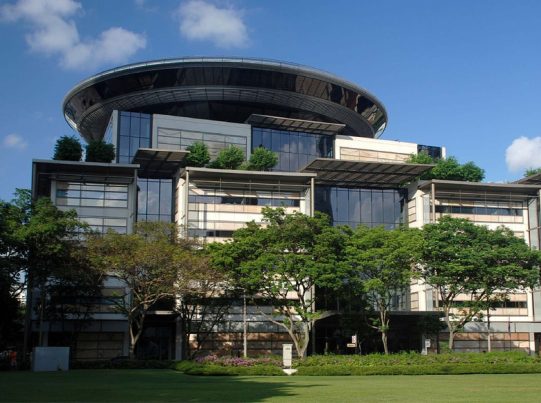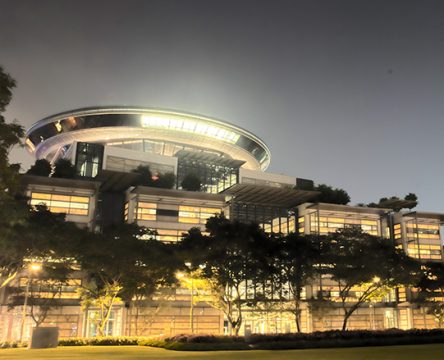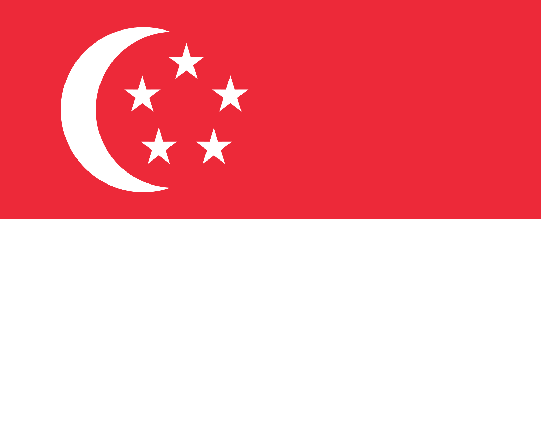On 28 February 2022, the Singaporean Court of Appeal reinforced a moratorium Section 377A of the Singaporean Penal Code allowing the arrest of gay men engaging in consensual same-sex sexual activity, however it did not remove the section from the statute books.
Section 377A, which further targeted any form of intimacy between male same-sex couples, was introduced in 1938. Section 377 was ultimately repealed by the Singaporean Parliament in 2007 on the basis that heterosexual couples can decide what happens in the privacy of their bedroom for themselves. The ‘gross indecency between males’ provision was however left in place to ensure gay men were still criminalised.
In 2018, two gay men, Johnson Ming Ong and Choong Chee Hong, filed fresh cases with the High Court of Singapore, again challenging the constitutionality of s377A. In 2019, gay activist and retired doctor, Dr Tan Seng Kee, filed a similar challenge. The cases were heard together in November 2019. The cases argued that the criminalisation of private, consensual sexual activity between males violated three articles of the Constitution: the right to liberty (Article 9); the right to equal protection of the law (Article 12); and, the right to freedom of expression (Article 14).
In 2020, the High Court dismissed the cases, finding that the existence of s377A was not unconstitutional and did not breach the claimants’ rights. All of the parties filed appeals against this decision and the case was heard at the Court of Appeal in January 2021.
In a decision handed down in February 2022, the Court declined to make findings on the constitutional questions before it. However, it made the significant ruling that s377A was unenforceable in its entirety. It did this by applying the doctrine of substantive legitimate expectation to the political statements made about arrests and prosecutions under s377A. Specifically, in paragraph 65-95, the Court laid out what it considered to be the ‘political package’ reached by a ‘political compromise’ from government and representations by Attorney General Wong. The Court identified the ‘political compromise’ as arising from statements by the Prime Minister and the Attorney General to the effect that s377A would not be prosecuted in cases involving two consenting adults in a private place.
Having established that all same-sex conduct legitimately deserving of sanction (for example, the abuse of minors) is covered by alternative existing offences, the Court also extended the non-enforcement policy beyond the category described by the political statements and held that “[…] the entirety of s377A is unenforceable unless and until the AG of the day provides clear notice […].”
On that basis, the Court then decided that because the litigants no longer faced any credible threat of prosecution, they also no longer had legal standing to bring the case. It therefore declined to reach any concrete decision on whether s377A was in violation of any constitutional rights. Significantly, however, it did indicate that on one possible interpretation of the law there was good reason to argue that s377A would fall foul of the Article 12 right to equality.
In the months following the Court of Appeal’s decision, the Singaporean Government was clear that the Court of Appeal’s decision had prompted it to reconsider its position on s377A. In August 2022 the Prime Minister announced that the government would repeal s377A. Parliament then passed the relevant legislative amendment on 29 November 2022, formally decriminalising consensual same-sex conduct between males.
Download the Case Digest



